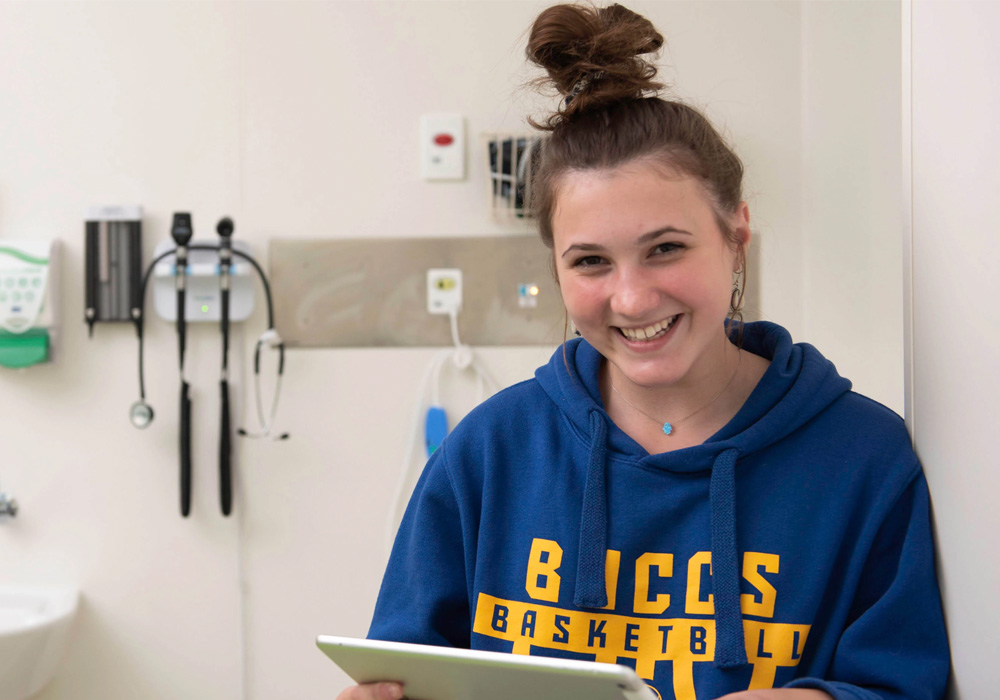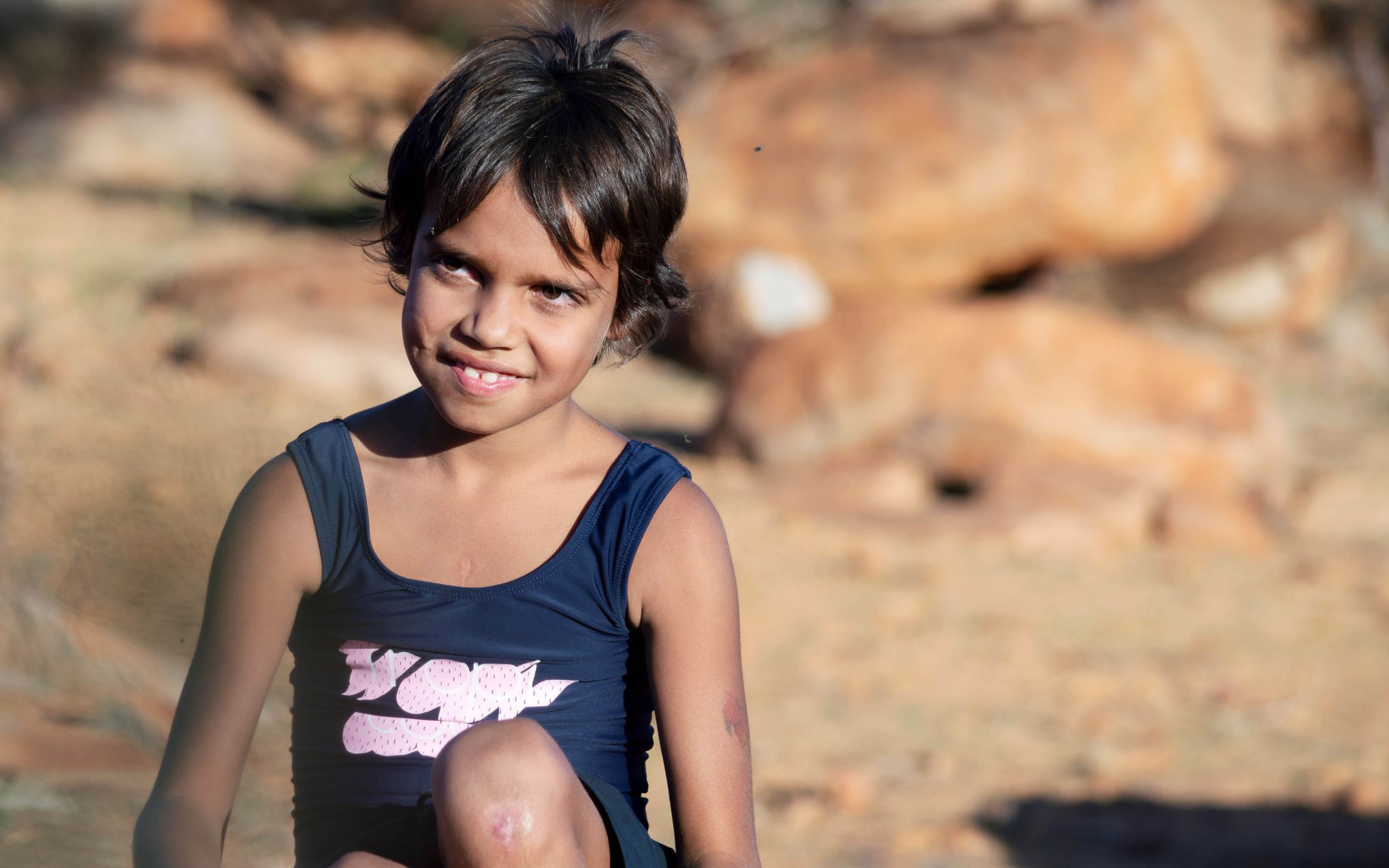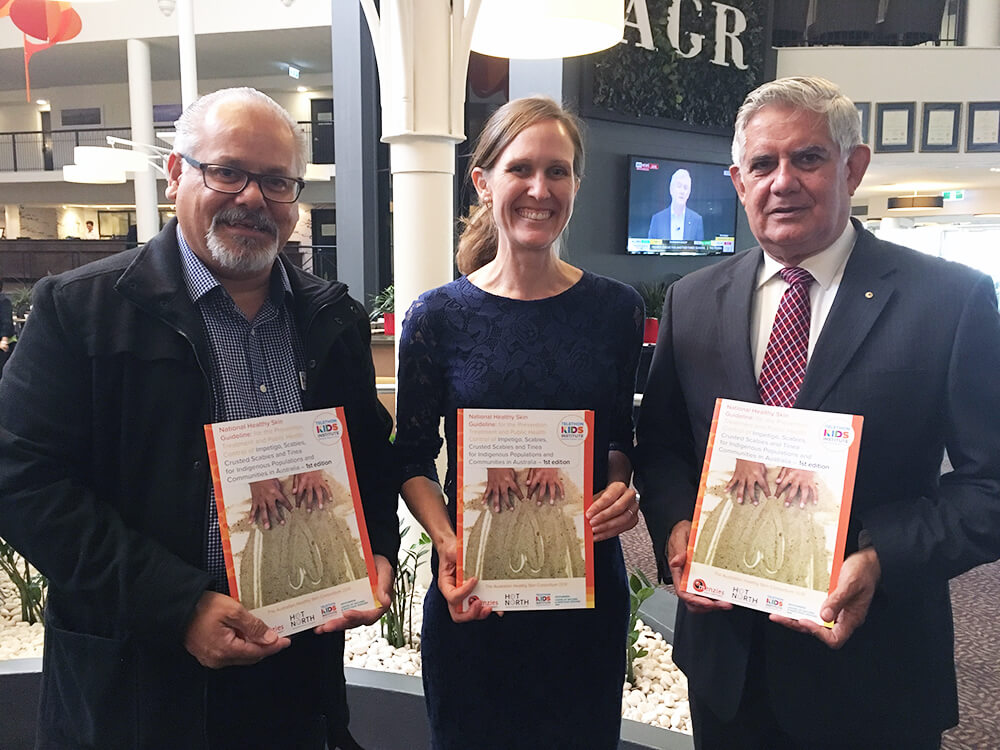Search
Research
Assessment of the potency and potential immunomodulatory effects of the Measles Mumps Rubella-Varicella vaccine in infantsThis study compared the potency and immunomodulatory effects of measles mumps rubella (MMR) vaccine given to infants alone or in combination with varicella...
Research
HPV prevalence in Canberra high school students: significance for vaccination strategies and adolescent healthHPV prevalence in Canberra high school students: significance for vaccination strategies and adolescent health.
Research
Comparison of the immunogenicity and reactogenicity of a prophylactic quadrivalent human papilloma VirusWe conducted a noninferiority immunogenicity study to bridge the efficacy findings in young women to preadolescent and adolescent girls and boys...
Research
A comparison of booster immunisation with a combination DTPa-IPV vaccine or DTPa plus IPV in separate injections when co-administered with MMRThis study evaluated GSK's combined DTPa-IPV vaccine (Infanrix-IPV) given as a fifth consecutive acellular pertussis booster dose in conjunction...
Research
Immunogenicity and boosting following a reduced number of doses of a Pneumococcal Conjugate Vaccine in infants and toddlersThe minimum number of doses of pneumococcal conjugate vaccine required for protection is not known. We studied the immunogenicity of a reduced schedule in...
Research
Safety and immunogenicity of a combined DTPa-IPV vaccine administered as a booster from 4 years of age: a reviewA combined DTPa-IPV booster vaccine was administered as a 4th or 5th dose after DTPa or DTPw priming.

The Infectious Disease Implementation Research Team is a multi-disciplinary group researching the best way to implement infectious disease prevention and treatment strategies to improve the wellbeing of children and teenagers.

The Strep A Translation team aim to understand the epidemiology of Strep A infections in Australia and the world. Alongside this, they explore the implementation of endgame recommendations, health economics and new horizons.
Research
Targeting the mucosal immune system in a mouse model to prevent pregnancy complications following maternal bacterial infectionThis work is the first step to develop safe treatments for pregnant mums to protect against preterm delivery and low birth weight caused by maternal infections.

News & Events
National guideline to tackle record rates of skin infectionResearchers have developed the first National Healthy Skin Guideline to address record rates of skin infections in Australia’s Indigenous communities.
